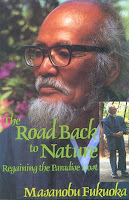Birgit Nilsson in Osaka 1967

Soprano Birgit Nilsson was born just a few miles from my hometown, in Skåne, Sweden. She performed at the Met in New York 223 times in 16 roles, appeared 232 times at the Vienna State Opera from 1954-82, and at Bayreuth in Germany. The video above is from Wagner's Tristan and Isolde at Thèâtre Antique d'Orange in 1973. The miracles of Youtube: A very rare NHK video from her concert in Osaka in 1967, performing Wagner with the Bayreuth Festival. Conductor Pierre Boulez. Wagner in the news: Times on Line Osaka Festival celebrated its 50th year anniversary in 2008!












